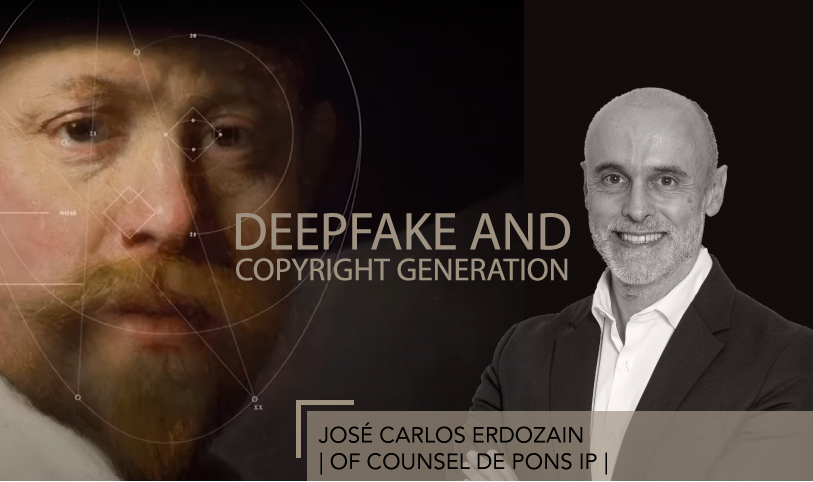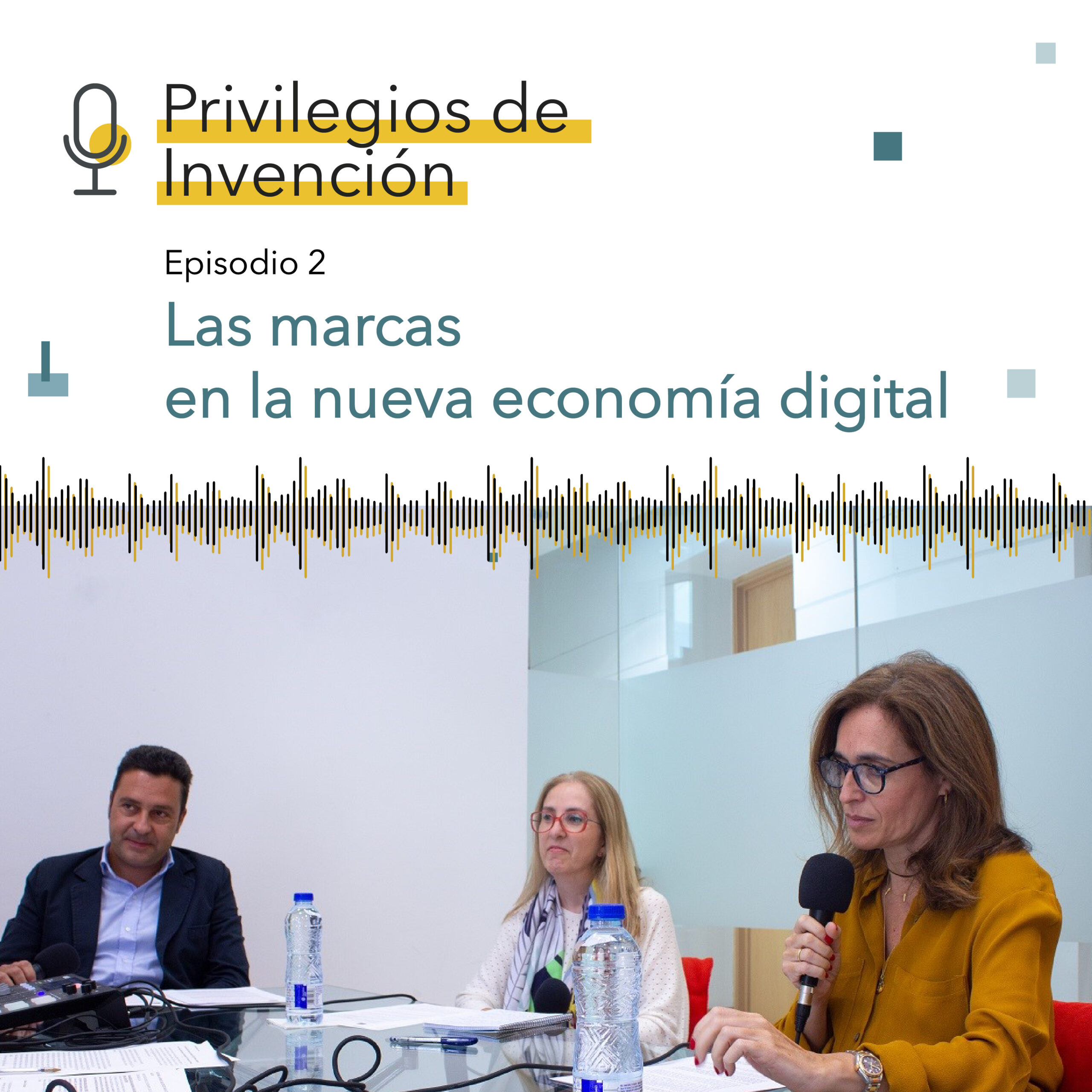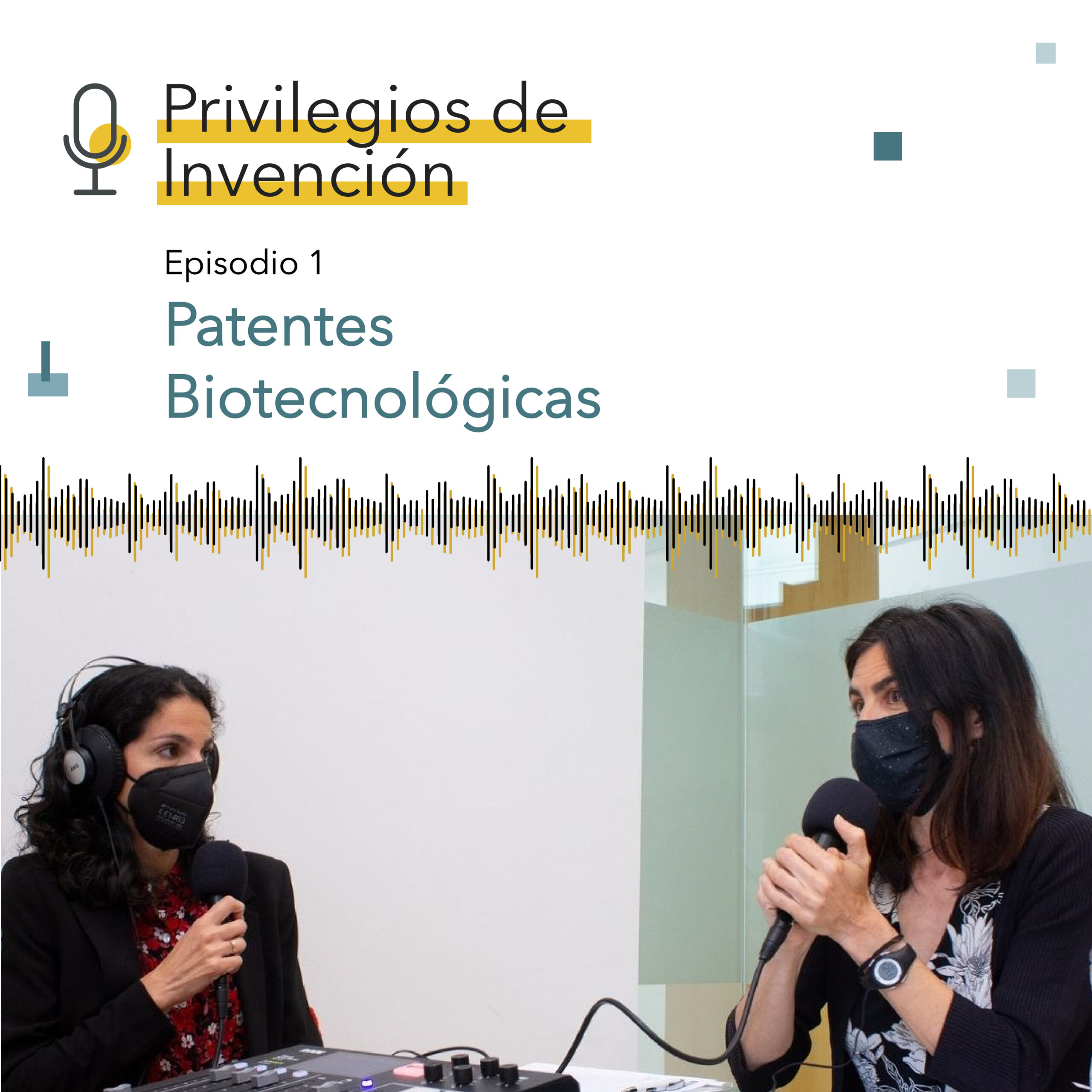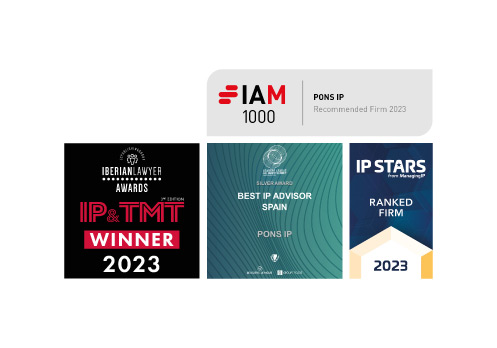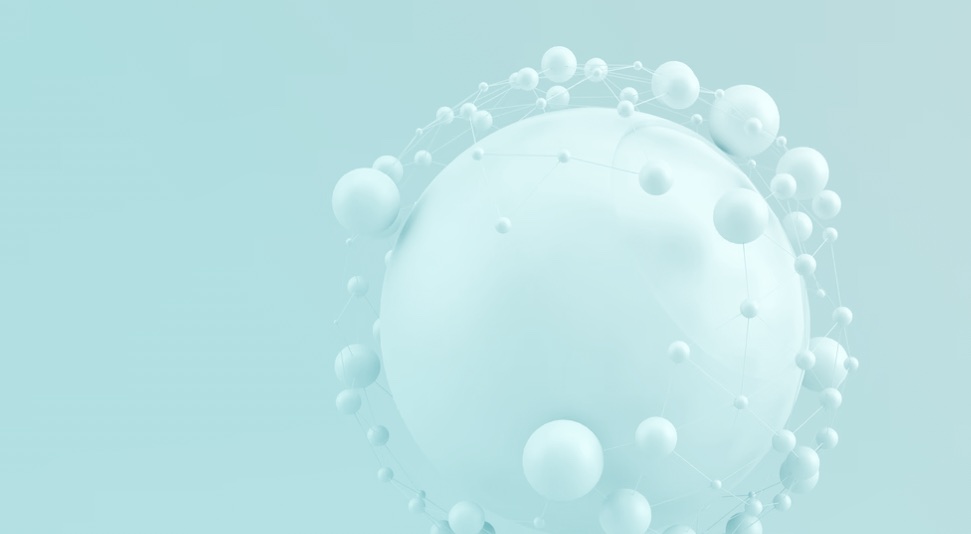The term deepfake has been growing in significance over the past few years. This refers to an artificial intelligence (AI) technique that makes it possible to edit videos of actual people that are actually nothing more than fake images of such people. The actual person and a virtual reality that identifies with that person but is not actually real is created by means of learning algorithms and existing photographs.
This is the reality of deepfakes, that is, the creation of sometimes absolutely identical realities of people and their attributes by means of AI. The consequence is that the audience perceives the video as if they were watching the image, voice and, in general, the physiognomy and animation of a natural person, who may even be deceased.
There are many issues that arise from deepfakes, from questions on the use of a person’s image rights, to even misappropriation or impersonation of an individual’s personality.
On the one hand, deepfakes raise concerns regarding the illegitimate use of a person’s image or voice. Although it may be clear that the image in question is being falsely used, i.e., that there is no fraudulent or deceitful intent behind it, the fact is that such use requires the prior authorization of the person whose image is being used, since we are not dealing with a use of the image itself, but with a use “recreated” from the pre-existing image of the person, which in itself implies the use of a highly personal legal asset that can only be used by the person who owns it. We understand that the exceptions provided for in Spanish law (e.g. capturing images in public places, incidental use, or using the image of a public person) are not applicable for the reasons stated above, i.e., there is no use of the person’s real image, but rather a creation made using a complex computer program.
Another issue we are interested in is whether the use of this technique can generate intellectual property rights either for the image editor or AI creator, or even for the AI itself.
Would it be legally possible for an AI, based on the information and data fed to the AI, to creatively develop works from deceased authors? Would it be possible for an AI to create a work based on the artistic style of the deceased author or performer, as if they belonged to those authors or performers? Who would own the exclusive intangible (intellectual property) rights thus created: the AI, the programmer or publisher of the AI, or the deceased author or performer? Or should no exclusive right be acknowledged at all?
We have to reflect on the fact that, at present, there are already projects that create or recreate works by deceased authors, which have been developed, artistically speaking, from the author’s ingenuity, from their artistic personality, which, in some sectors of the jurisprudential doctrine is articulated as the basis of copyright[1].
We believe that the fundamental question raised by the work created from AI or machine learning techniques is whether or not this intelligence can be considered as author in the legal sense. Because, apart from the fact that behind the creative production lies the work of natural persons (programmers, developers, designers, etc.), the truth is that AI has a creative margin whose authorship is the subject of continuous controversy.
In the current legal framework, even if international conventions were to be considered, AI has no recognized copyright. It is not conceivable for an intelligence of this nature to be considered as author in the legal sense. Rather, only the natural person can be conceived of as author. The legal person enjoys only the exploitation rights over the works.
However, it is also true that the so-called strong AI, i.e., that which is capable of developing nearly human decisions independently of a natural intelligence, may be regarded as the original owner of a work or an interpretation. If the intellectual or creative ingenuity is considered, why not attribute it to an entity with a reasoning and decision-making capacity independent of any data or information previously fed into it? Is this not what happens in human artistic creation, where the creative act is always based on something already created?
Another issue is whether a right to obtain fair remuneration for the use of their protected material should be granted to right holders, when the ex machina creation is based on or uses other works or performances already created by humans. This question, among others, has been raised at the WIPO. [2]Assuming that there is indeed copyright protection of the deepfake, the use of prior works, including the image of actual persons, should require prior authorization from the relevant right holders. Just as derivative works based on pre-existing works are allowed, there should be no problem in accepting the creation of works by means of AI, resulting in deepfakes or works reflecting the artistic ingenuity of a previous author, as long as prior authorization is obtained.
In conclusion, it is currently not possible to grant intellectual property rights to an AI over a work that it creates from existing works. However, in our opinion, it is clear that copyright would have been generated, at least, in favor of the person who developed the AI learning algorithm.
